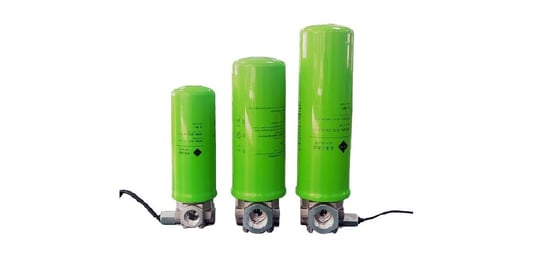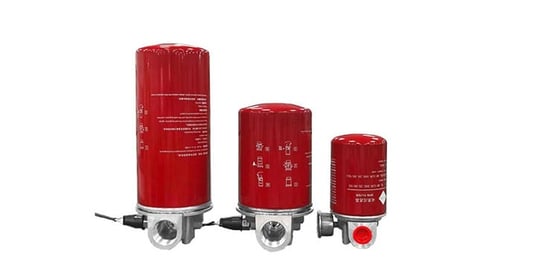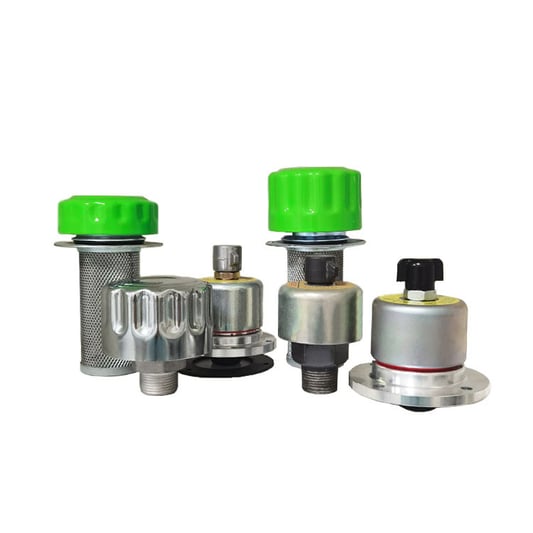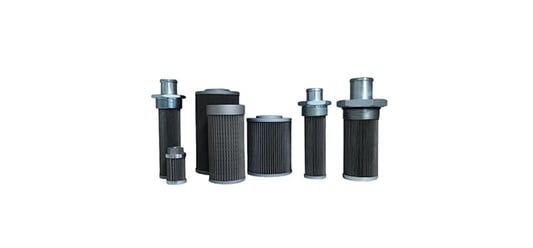pleated air filters: What Are They?Pleated air filters are a type of air filter commonly used in residential and commercial HVAC systems. These air filters are made up of multiple layers of pleated fabric, allowing for a large surface area and increased filtration efficiency. Pleated air filters come in various sizes and MERV ratings, allowing them to capture a wide range of airborne pollutants.Why Choose Pleated Air Filters Over Other Types?Pleated air filters have a high filtration efficiency due to their large surface area and multiple layers of pleated fabric. They are able to capture a wide range of airborne pollutants including dust, pollen, mold spores, pet dander, and other allergens. Additionally, pleated air filters last longer than other types of filters, reducing the frequency of filter changes and saving money in the long run.How Do Pleated Air Filters Work?Pleated air filters work by trapping airborne pollutants as they pass through the filter. The multiple layers of pleated fabric increase the surface area, allowing for more pollutants to be captured. As the pollutants are trapped in the filter, clean air is able to flow through the HVAC system and into the indoor environment.Which MERV Rating Should You Choose?MERV stands for Minimum Efficiency Reporting Value and is a rating system used to determine the filtration efficiency of air filters. A higher MERV rating indicates a higher filtration efficiency. It is important to choose a MERV rating that is appropriate for your HVAC system and indoor environment. Residential HVAC systems typically require a MERV rating of 6 to 12, while commercial systems may require a higher rating.How Often Should Pleated Air Filters be Changed?The frequency of filter changes depends on various factors including indoor air quality, HVAC system usage, and MERV rating. Pleated air filters typically last longer than other types of filters and can last up to three months. However, it is recommended to check the filter monthly and replace it when it appears dirty or clogged.Are Pleated Air Filters Environmentally Friendly?Pleated air filters are environmentally friendly as they can be recycled. Many manufacturers offer recycling programs for used filters, reducing waste and the environmental impact of discarding used filters in landfills.How Do Pleated Air Filters Compare to Electrostatic Filters?Electrostatic filters are another type of air filter that uses an electrostatic charge to attract and trap pollutants. While electrostatic filters may have a higher initial filtration efficiency, they require regular cleaning and maintenance to maintain their effectiveness. Pleated air filters, on the other hand, offer a high filtration efficiency with minimal maintenance required.What is the Cost of Pleated Air Filters?The cost of pleated air filters varies depending on the size and MERV rating. However, pleated air filters are typically more expensive than other types of filters due to their increased filtration efficiency and longer lifespan.Where Can You Purchase Pleated Air Filters?Pleated air filters can be purchased at hardware stores, home improvement stores, and online retailers. It is important to choose a filter that is appropriately sized for your HVAC system and has the correct MERV rating.ConclusionPleated air filters are a highly effective and environmentally friendly option for improving indoor air quality. With their increased filtration efficiency and longer lifespan, pleated air filters are a cost-effective choice for residential and commercial HVAC systems.Quote InquiryContact us!










